Savannah cats have become quite popular as unique and exotic pets in recent years. With their striking appearance resembling a miniature leopard, these hybrid cats have captivated the interest of many animal enthusiasts. If you've ever wondered about owning a Savannah cat but weren't sure where to start, this blog post will help answer one of the most common questions: "How much does a Savannah cat cost?"
Before we delve into the pricing aspects, it's essential to understand what makes Savannah cats so sought-after. The Savannah cat is a crossbreed between a domestic cat and a serval, a wild African cat species. This combination results in a feline that displays the stunning coat patterns of a wildcat but maintains the temperament and adaptability of a domestic cat.
When it comes to determining the price of a Savannah cat, several factors come into play. The cost of a Savannah cat can vary depending on generation, appearance, and overall quality. Savannah cats are typically identified by their filial number, which denotes how many generations they are removed from the serval ancestor. The higher the filial number, the more generations removed and the more domestic the cat's traits become.
Additionally, the appearance of a Savannah cat also influences its price. Cats with more prominent spots, a closer resemblance to the serval parent, and a more wild-like appearance tend to have a higher price tag. Remember, every Savannah cat is unique, and the pricing can also vary based on breeder reputation, geographical location, and demand.
When considering the cost of a Savannah cat, it is crucial to factor in the expense of the initial purchase as well as ongoing care. These cats require a specialized diet, regular veterinary check-ups, and ample space for exercise. Investing in quality food, toys, and suitable housing is necessary to provide a comfortable and enriched environment for this active and intelligent breed.
As with any pet, it is essential to approach owning a Savannah cat as a long-term commitment. Taking into account the initial investment and ongoing expenses, potential owners should carefully evaluate their budget and ensure they can provide the necessary resources to care for a Savannah cat properly.
In conclusion, the cost of a Savannah cat can vary significantly depending on various factors such as generation, appearance, and breeder reputation. It's important to do thorough research, not just on pricing but also on the breed's characteristics and specific needs. Responsible ownership and providing a suitable environment for these magnificent cats should be a top priority.
What is a Savannah cat?
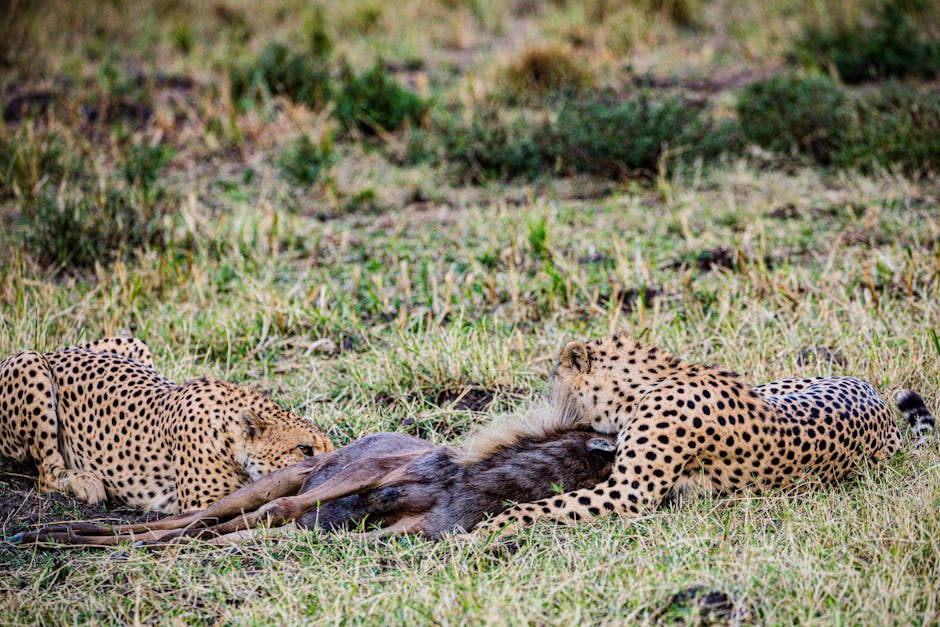
Savannah cats are a unique and exotic breed that have gained significant popularity in recent years. These remarkable felines are a cross between an African Serval and a domestic cat, resulting in a stunning hybrid with distinct characteristics.
Known for their tall and slender bodies, Savannah cats are often described as having a wild and majestic appearance. Their long legs and large, almost round ears further contribute to their striking resemblance to their serval ancestors. One of the most notable features of a Savannah cat is its beautiful coat, which can range from spotted to marbled, and comes in a variety of colors such as brown, silver, or smoke.
Beyond their physical appearance, Savannah cats are also known for their energetic and playful nature. Keen on exploring their surroundings, they possess a curiosity that can sometimes be compared to that of a dog. It is not uncommon to find them leaping effortlessly to great heights or engaging in interactive play with their human companions.
Savannah cats are highly intelligent and can quickly learn various tricks and commands. They enjoy interactive toys and are often attracted to games that stimulate their natural hunting instincts. As a result, providing them with mental stimulation and opportunities for physical exercise is crucial to their overall well-being.
Due to their distinctive lineage, Savannah cats may require specific care and attention. Proper socialization from a young age is essential to ensure they grow into friendly and well-adjusted companions. It is also important to note that their larger size and active nature might require more space compared to other domestic cat breeds.
It is worth mentioning that owning a Savannah cat comes with certain responsibilities. Their energy level and inquisitive nature can make them more challenging to care for compared to a typical house cat. Additionally, the demand for Savannah cats has led to higher prices compared to other cat breeds. The cost of a Savannah cat can vary depending on factors such as generation, quality, and rarity.
In conclusion, Savannah cats are a remarkable and captivating breed that captures the hearts of cat enthusiasts around the world. Their unique appearance, intelligence, and playful nature make them a fascinating addition to any household. However, it is important to consider the specific needs of this breed and be prepared for the responsibilities and expenses that come with owning one.
Origin and brief history of Savannah cats
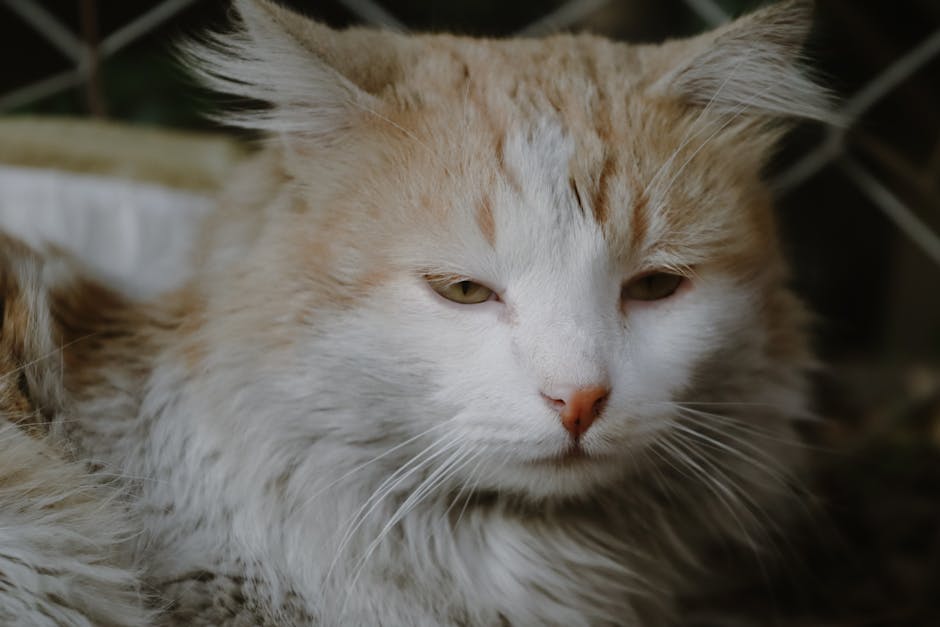
Origin and Brief History of Savannah Cats
Savannah cats are a beautiful and exotic breed that have captured the attention of many feline enthusiasts around the world. These stunning cats have a fascinating origin and an intriguing history that adds to their allure.
The breed originated in the 1980s when a Bengal cat was bred with a serval, a wild African cat known for its stunning spotted coat. The goal was to create a domestic cat with the striking appearance of a wild serval. The first successful breeding resulted in a litter of kittens that displayed the desired characteristics, such as large ears, long legs, and wild-looking spotted coats. This marked the beginning of the development of the Savannah cat breed.
The breed's creator, a breeder named Judee Frank, continued to experiment with different generations of hybrids and domestic cats to refine and stabilize the breed's characteristics. Through careful selection and breeding, the Savannah cat became more predictable in temperament and appearance while preserving its wild beauty.
Recognized by The International Cat Association (TICA) in 2001, Savannah cats quickly gained popularity among cat lovers and enthusiasts. Today, they are considered one of the most sought-after and exotic domestic cat breeds.
Savannah cats are known for their unique personalities, often displaying a playful and adventurous nature. They retain some of the characteristics of their wild ancestors, such as their high energy levels and extraordinary jumping abilities. However, they are also known for their intelligence and affectionate nature towards their human companions.
These extraordinary cats come in different sizes, ranging from smaller domestic cat sizes to larger ones that resemble their serval ancestors. The larger Savannah cats, known as F1 or first-generation hybrids, have a closer resemblance to the serval and exhibit more of its wild traits.
It is important to note that owning a Savannah cat requires responsible ownership and commitment. Due to their wild heritage, they may have specific needs and require special care. Prospective owners should educate themselves about the breed's unique traits and ensure they can provide a suitable environment for their Savannah cat's overall well-being.
In conclusion, Savannah cats have a captivating origin and history that adds to their status as a highly desirable breed. Their unique appearance, combined with their intelligence and adventurous nature, make them a popular choice for those seeking an extraordinary and captivating feline companion.
Unique traits and characteristics of Savannah cats

Savannah cats are known for their unique and fascinating traits, making them a popular choice for cat lovers seeking something a little out of the ordinary. Here are some of the distinctive characteristics that set Savannah cats apart:
1. Exotic Appearance: Savannah cats have a striking appearance, resembling a miniature version of their wild ancestors, the African Serval. With their long legs, slender bodies, and large, rounded ears, they exude an air of elegance and grace. Their coats feature distinctive markings, including spots, stripes, or a combination of both, adding to their exotic allure.
2. Size and Athleticism: Savannah cats are well-known for their impressive size. They are considered one of the largest domestic cat breeds, with males typically weighing between 15-25 pounds and females averaging between 10-16 pounds. Their long legs not only contribute to their stature but also make them excellent jumpers and climbers. Owners of Savannah cats often marvel at their agility and ability to reach high places effortlessly.
3. Intelligence and Curiosity: Savannah cats are highly intelligent and have a natural curiosity about the world around them. They thrive on mental stimulation and are quick learners, making them easy to train and teach tricks. Their inquisitive nature often leads them to explore every nook and cranny of their environment, so providing them with engaging toys and regular playtime is essential to keep them mentally stimulated and happy.
4. Playful and Energetic Nature: Savannah cats possess a playful and energetic personality that keeps their owners on their toes. They have a love for interactive games and enjoy activities that challenge their physical abilities. A Savannah cat's zest for life makes them great companions for active individuals or families who are willing to engage in regular play sessions to burn off their boundless energy.
5. Social Nature: Despite their wild appearance, Savannah cats are known for their social and affectionate nature. They form strong bonds with their owners and often enjoy being in the company of other pets. This friendly disposition makes them a great addition to households with multiple animals or those seeking a feline companion who thrives on interaction and companionship.
In conclusion, Savannah cats offer a unique combination of exotic appeal, intelligence, and playful energy. However, it's important to note that their unique characteristics require dedicated attention and care. By understanding and appreciating their extraordinary traits, Savannah cat owners can ensure a fulfilling and enriching relationship with their furry companions.
Understanding the different generations of Savannah cats

Understanding the Different Generations of Savannah Cats
Savannah cats are a unique and exotic breed that has gained popularity in recent years. However, what sets them apart from other domesticated cats is their fascinating lineage and classification into various generations. In order to fully comprehend the value and characteristics of a Savannah cat, it is essential to understand the different generations associated with this breed.
Savannah cats are the result of crossbreeding between a domestic cat and a serval, a wild African cat species. This hybridization gives rise to cats with striking appearances and distinct personalities. To classify Savannah cats accurately, the International Cat Association (TICA) has established a categorization system based on the percentage of serval ancestry.
F1 Savannah cats are considered the first generation and have a serval parent and a domestic cat parent. As F1 Savannah cats have the highest percentage of serval genetics, usually around 50% or more, they tend to exhibit more wild-like traits. Their large size, long legs, and distinct markings contribute to their exotic appearance, but their temperament can also be more challenging to handle. F1 Savannah cats are commonly not suitable as pets for novice owners due to their higher energy levels and specific care requirements.
Moving down the generations, F2 Savannah cats have an F1 Savannah cat parent and a domestic cat parent. As the serval genetics decrease to around 25%, F2 Savannah cats are typically smaller in size but still maintain some of the unique physical traits of their wild ancestors. However, these cats often have a slightly more manageable temperament than F1 Savannahs. Depending on their socialization, F2 Savannah cats can still exhibit higher activity levels and require appropriate mental and physical stimulation to thrive.
As the generations progress, the serval genetics continue to dilute. F3 Savannah cats have an F2 Savannah cat parent and a domestic cat parent, resulting in approximately 12.5% serval genetics. As the percentage decreases, F3 Savannah cats tend to have a closer resemblance to domestic cats in terms of appearance and behavior. They are generally more adaptable to different environments and can make excellent companions for those seeking a touch of the exotic without the intensity found in earlier generations.
Beyond F3, the subsequent generations are typically termed "SBT" (Stud Book Tradition). These generations have at least three subsequent generations without any wild cat blood directly in their lineage. SBT Savannah cats generally have less wild-like appearances and exhibit similar traits to domestic cats. They offer a wonderful balance between maintaining some of the exotic elements of the breed while being more suitable for a wider range of owners in terms of temperament and behavior.
Understanding the different generations of Savannah cats is crucial when considering them as pets or deciding on their value in the market. It is important to evaluate your preferences, experience with cats, and commitment to providing the proper care needed for these unique and amazing animals. Always consult knowledgeable breeders or experts to ensure you make an informed decision when bringing a Savannah cat into your home.
Factors that influence the cost of a Savannah cat
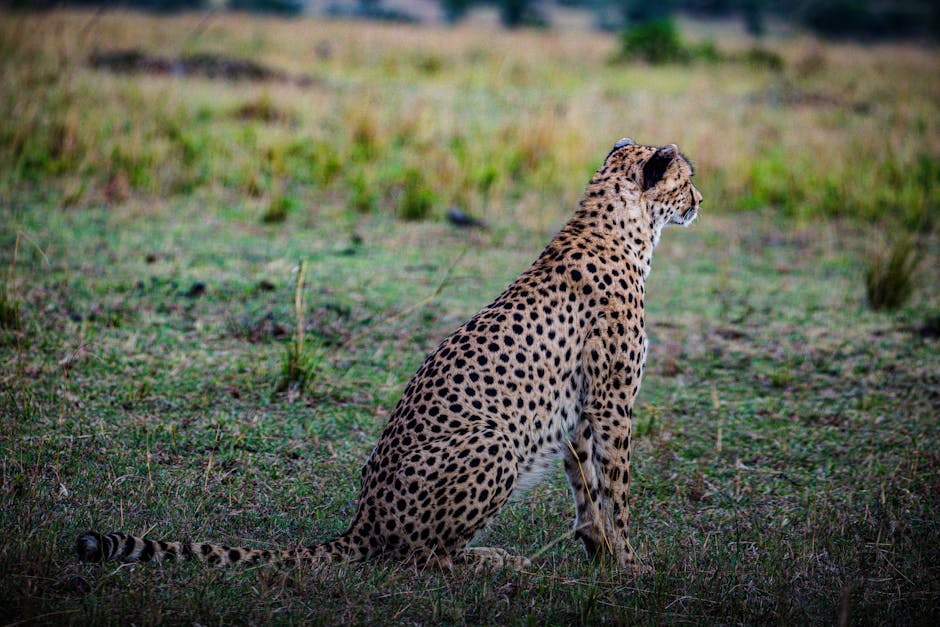
Savannah cats are known for their exotic appearance and wild ancestry, making them highly sought after by cat enthusiasts. However, their unique qualities also contribute to their high price tag. Several factors influence the cost of owning a Savannah cat, making it important for potential owners to consider these factors before making a purchase.
1. Generation Level: Savannah cats are classified into different generation levels, which refers to the number of generations away from their wild ancestor, the African serval. The higher the generation, the more domesticated the cat becomes. F1 Savannah cats, which are the closest in terms of genetics to the serval, tend to be the most expensive due to their more wild-like characteristics.
2. Appearance: The exotic look of Savannah cats is one of their main attractions. Cats with eye-catching coat patterns, such as spots or marbled markings, often come with a higher price tag. Additionally, rare coat color variations, such as silver or snow, can also influence the cost.
3. Size and Weight: Savannah cats are known for their large size compared to regular domestic cats. The bigger the cat, the higher the price is likely to be. Breeders often put a premium on larger cats as they are more visually striking and resemble their wild ancestor more closely.
4. Breeder's Reputation and Experience: The reputation and experience of the breeder play a significant role in determining the cost of a Savannah cat. Reputable breeders who have been producing high-quality, healthy kittens for many years usually charge more for their cats. These breeders invest time, money, and effort into maintaining the breed standard and ensuring the overall health and temperament of their cats.
5. Pedigree and Bloodlines: The cat's pedigree, which outlines its lineage and ancestry, can impact its price. Cats with pedigrees that contain well-known and highly sought-after bloodlines are often more expensive. Additionally, show-quality cats, which meet the specific breed standards outlined by cat associations, can also command higher prices.
6. Demand and Availability: The law of supply and demand also affects the cost of owning a Savannah cat. If there is high demand for these unique cats but limited availability, prices are likely to be higher. It is important for potential owners to understand that the cost of a Savannah cat can vary widely depending on location and the availability of breeders in their area.
Before deciding to purchase a Savannah cat, it is essential to consider these factors and conduct thorough research. While the cost may be significant, it is crucial to ensure that the cat's needs, such as proper care, nutrition, and exercise, can be met without compromise. Additionally, potential owners should always prioritize adopting from reputable breeders who prioritize the well-being of their cats and provide proper documentation for each kitten they sell.
Price range for purchasing a Savannah cat (include averages)
The price range for purchasing a Savannah cat can vary depending on various factors such as the cat's generation, breed quality, age, and the reputation of the breeder. On average, you can expect to pay between $1,500 and $20,000 for a Savannah cat.
Savannah cats are bred by crossing a domestic cat with the serval, a wild African cat species. The percentage of serval bloodline in a Savannah cat determines its generation, with F1 (first generation) being the highest and F7 and later generations being more domesticated.
The cost of acquiring an F1 generation Savannah cat, which has the highest percentage of serval blood, is generally the highest due to their closeness to their wild ancestors. These cats are incredibly rare and can be priced anywhere from $10,000 to $20,000. They also require special permits and licenses due to their wild nature.
As you move down the generations, the price tends to decrease. F2 and F3 Savannah cats, which have a higher proportion of domestic cat genetics, usually fall into a price range of $5,000 to $10,000. The F4 and F5 generations, which are more closely related to domestic cats, can typically be found in the range of $2,000 to $5,000.
It is worth mentioning that price should not be the sole determining factor when purchasing a Savannah cat. It is crucial to find a reputable breeder who prioritizes the health and well-being of their cats. Avoid cheaper options that may be the result of unethical breeding practices or neglecting the necessary care of the animals.
Additionally, the initial purchase price is not the only cost associated with owning a Savannah cat. Additional expenses such as vaccinations, spaying or neutering, food, and veterinary care should be taken into consideration. Investing in proper cat supplies and providing a stimulating environment for your Savannah cat is equally important.
In conclusion, the price range for purchasing a Savannah cat can vary significantly depending on the generation, breed quality, age, and breeder reputation. It is essential to do thorough research, ask for references, and ensure that you are dealing with a reputable breeder. Owning a Savannah cat can be a unique and rewarding experience, but it is crucial to consider the associated costs and responsibilities before making the decision to bring one into your home.
Additional expenses to consider when owning a Savannah cat
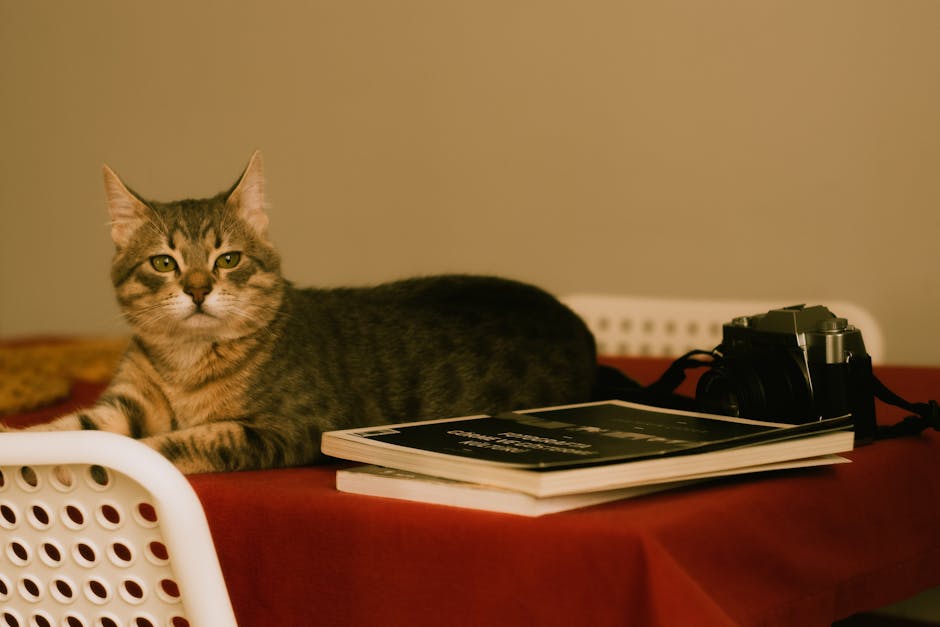
Owning a pet, especially an exotic one like a Savannah cat, comes with numerous responsibilities and additional expenses that need to be considered. While the initial cost of acquiring a Savannah cat may seem high, it is essential to understand that there are several ongoing expenses involved in providing the best care and environment for your feline companion. Here are some additional expenses you should keep in mind when considering the ownership of a Savannah cat:
1. Veterinary Care: Just like any other pet, regular veterinary check-ups are crucial for the health and well-being of your Savannah cat. These visits often include vaccinations, flea and tick prevention, deworming, as well as general health examinations. Budgeting for annual or semi-annual vet visits, along with any unexpected medical expenses, is imperative.
2. Quality Nutrition: Feeding your Savannah cat a balanced and appropriate diet is essential to ensure their optimal health. These cats have specific dietary requirements that may involve feeding them a combination of high-quality commercial cat food, raw food, or even a specialized diet. Be prepared to allocate a portion of your budget towards premium food options that meet their nutritional needs.
3. Environmental Enrichment: Savannah cats are known for their high energy levels and curiosity. Providing an enriched environment that allows them to engage in physical and mental stimulation is crucial. This may involve purchasing scratching posts, interactive toys, cat trees, and even investing in cat-friendly furniture. Additionally, creating safe and secure outdoor spaces or enclosures for them to explore can be an added expense.
4. Grooming: Savannah cats have unique coat patterns and textures that may require regular grooming. Depending on the generation and type of Savannah cat you own, grooming needs may vary. Some may need more frequent brushings or occasional trims to maintain a healthy coat. It is important to consider the costs associated with grooming tools, professional grooming services, or even learning how to groom your cat yourself.
5. Training and Behavioral Support: Due to their active and intelligent nature, Savannah cats may require proper training and behavioral support. Investing in training sessions or seeking assistance from a professional cat behaviorist can help address any potential issues and ensure a harmonious relationship between you and your pet. These services may come at an additional cost but are essential for maintaining a well-balanced and happy Savannah cat.
Remember, owning a Savannah cat is a long-term commitment, both emotionally and financially. Taking these additional expenses into account when making the decision to bring a Savannah cat into your home will ensure that you can provide them with the love, care, and quality of life they deserve.
Responsible breeding practices and reputable breeders
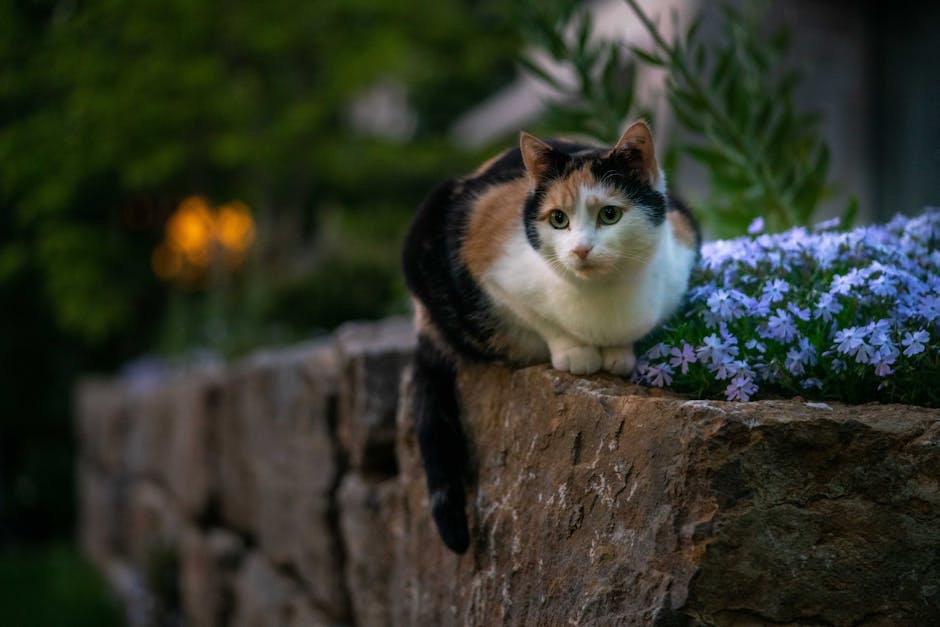
When considering adding a Savannah cat to your family, it is crucial to understand the importance of responsible breeding practices. With their unique characteristics and striking appearance, Savannah cats have gained popularity in recent years. However, it is essential to find a reputable breeder who prioritizes the health and well-being of their cats.
Responsible breeding involves more than just producing kittens for sale. It requires breeders to prioritize the health, temperament, and overall quality of the breed. Reputable breeders invest time and effort to ensure that their breeding cats are of the highest standard and that each kitten is raised in a loving and nurturing environment.
A responsible breeder will conduct health tests on their breeding cats to identify any hereditary conditions or diseases that could be passed down to offspring. This ensures that the kittens are healthy and reduces the risk of potential health issues later in life. Additionally, they will adhere to breed standards set by recognized cat associations, breeding only cats with suitable traits and characteristics.
Besides health considerations, responsible breeders also focus on the socialization and behavioural development of their kittens. They provide a stimulating environment where the kittens can interact with other cats and humans, preparing them for their future homes. This helps to ensure that Savannah cats grow up to be well-adjusted and sociable companions.
Reputable breeders are passionate about the breed and prioritize finding suitable homes for their kittens. They will often require potential buyers to fill out an application form or provide a reference to ensure that the cat will be placed in a safe and caring environment. They may also offer guidance and support after you bring your new Savannah cat home, helping with any questions or concerns that may arise.
When searching for a Savannah cat, it is crucial to do thorough research and avoid purchasing from irresponsible or unethical breeders. Buying from reputable breeders not only ensures the quality and health of the cat but also supports responsible breeding practices, contributing to the overall well-being of the breed.
Remember, a reputable breeder will have nothing to hide and will be transparent about their cats' lineage, health records, and living conditions. Taking the time to find a responsible breeder and making an informed decision will go a long way in providing you with a healthy and happy Savannah cat to bring joy to your life.




